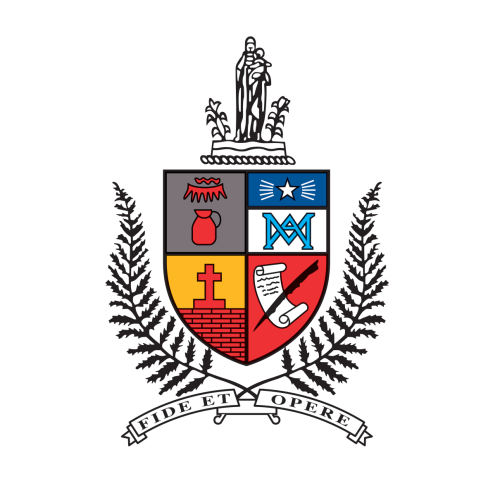
Careers
Apprenticeship NZ – A Definite Guide
Moneyhub's must-read guide covers everything you need to know about pursuing an apprenticeship in New Zealand, from the basics of what an apprenticeship is to the process of applying and the eligibility requirements. They explain the various industry bodies and government bodies supporting apprenticeships and the pros and cons of becoming a tradesperson.
Where does an electrical apprenticeship take you?

There are many career options after you finish an electrical apprenticeship. Here’s a taste of what direction your career could go in.
Engineering: Electricians have a head start in the field of engineering, where they design and implement the electrical wiring of projects.
Solar and Wind Energy Specialists: Alternative energy is in higher demand both commercially and domestically.
Inspectors: Simply put, inspectors check the work done by electricians. People often choose to train in inspection when considering foreman and management roles.
PLC / HMI: Electricians with a knack for development often choose further training in PLC Programming and HMI integration. This technology automates a huge variety of operations in all sectors.
Automated tracking systems / IoT: Part of the magic of automation is the work of the electrician!
EVs: Electric vehicles are here to stay! Specialising in EV technology now involves installing charging stations to keep up with demand, and more fascinating innovation is in development.
Project Management: Like to take control of the big picture? You could be supplying energy to housing estates, businesses and urban infrastructure, or working on renewable energy projects such as solar, wind or wave farms, or gas plants.
Marine Electricians: A marine electrician installs and takes care of electrical equipment and systems on board ships, boats and maybe the odd super yacht. They often handle emergency repairs on ships in port, in dry dock, and out at sea - a nice option if you like the outdoors!
Line Mechanic: There are several essential line mechanic roles needed in the industry. Work involves installing and maintaining low or high voltage power lines, joining cables, repairing distribution networks and more.
Estimator: Electricians (not just engineers) make great electrical estimators because they can analyse blueprints to determine the electrical needs of a project and provide solutions for keeping the project on time and on budget.
Business Ownership: Joining an established electrical business can pay dividends down the line. If you can prove you’re a valuable worker, you may end up as a shareholder. Other sparkies set up their own business too, taking on courses and classes to upskill.
Teaching and Tutoring: Educating the next generation of electricians is crucial to keeping the industry humming. Teaching can be very flexible and is especially rewarding for those that love to share knowledge and success.
Electrical Suppliers: With the knowledge and hands-on expertise, apprentice graduates make excellent employees for electrical suppliers. Roles may include Technical Sales Representatives, Purchasing Officers, and Branch Managers.
ARA – Taster Courses – Enrol NOW

Events are held throughout the year. These Days give you a chance to meet students who are enrolled and completing the program and the tutors who teach the program. You need to enrol early as the courses fill up quickly. ARA Taster Experience
Pacific Bloom Free Holiday Programme at Ara for Pacific students

Pacific Bloom – Free Holiday Programme at ARA for Pacific students 18th-20th April – Yr 9-13 students
Get support with NCEA subjects, find inspiration for your career and explore study options and pathways Pacific Bloom Registrations
